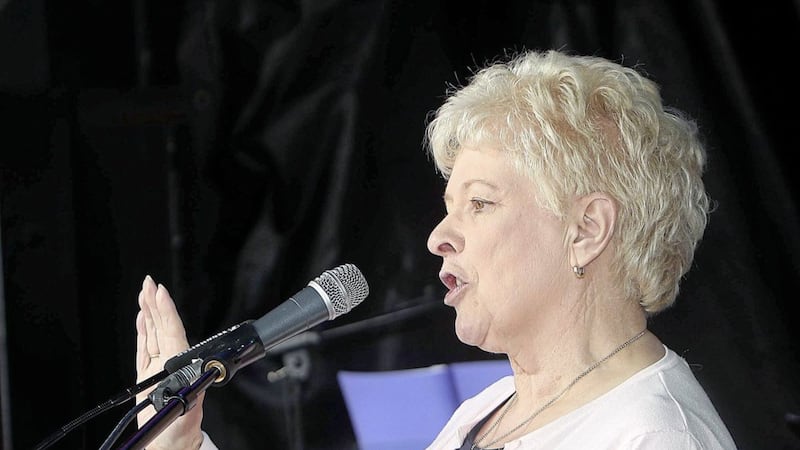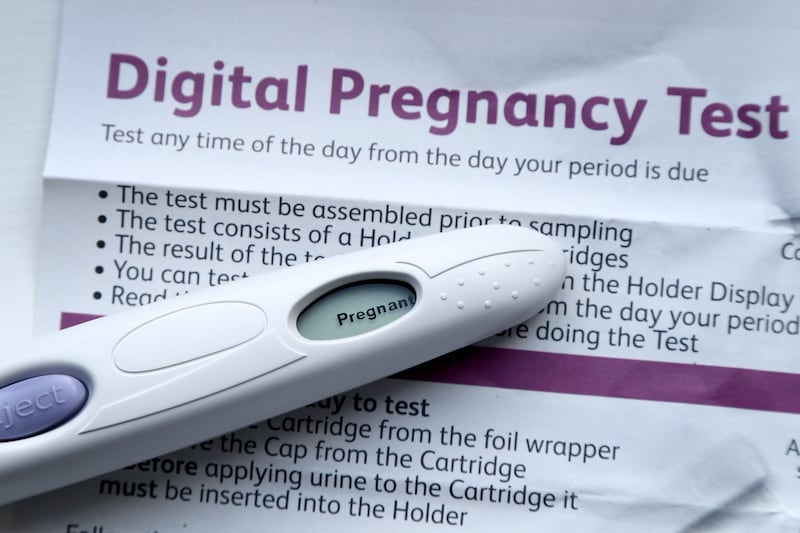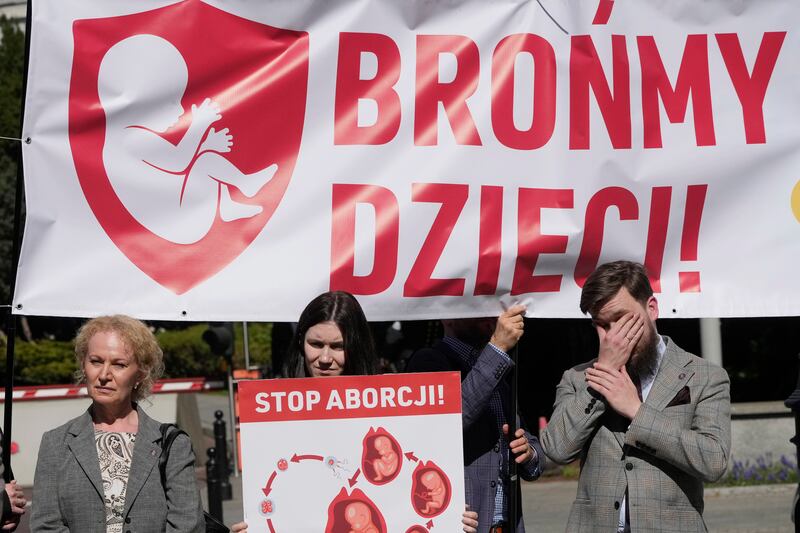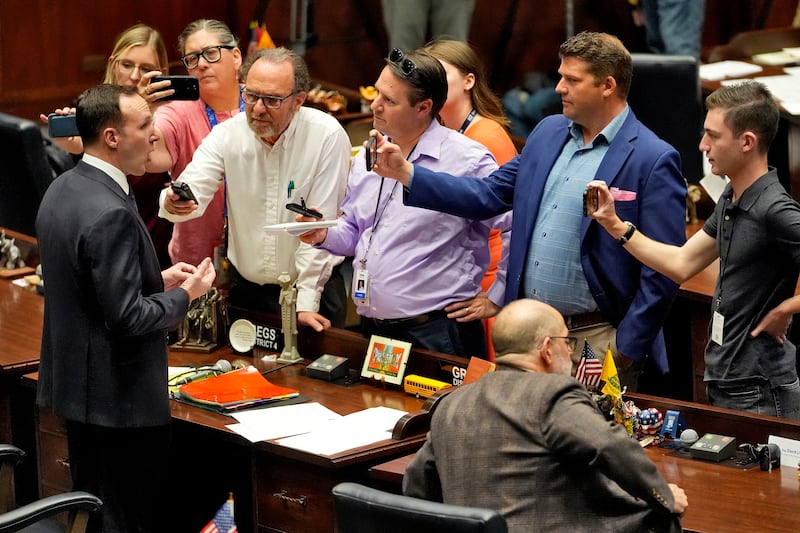WE live in unprecedented times.
There is fear of the impact of the coronavirus, Covid-19, uncertainty about what the future holds, some degree of panic and, in some ways, it is hard to know what we can and should do.
The threat to our NHS, which our dedicated nurses described as ‘broken’ recently, is enormous as a consequence of Covid-19.
We know that our health professionals and our emergency services will do all they can, and we must help them as best we can, but the threat to all of us is very real.
In the middle of all this, before March 31, the UK government is required to introduce legislation enabling abortion in limited circumstances in Northern Ireland.
We all know that in the absence of a functioning assembly, last July, an opportunistic amendment to a bill to extend the time for the next assembly election was facilitated by the former Speaker John Bercow.
Now the law says the UK government must introduce regulations.
Last July, all the NI MPs who take their seats in parliament opposed this change, as did all the members of the House of Lords who live in Northern Ireland. Parliament voted to legislate for abortion, but it did not specify the content of the new law.
The flawed and inaccessible Northern Ireland Office (NIO) consultation on the matter, which closed last December, went much further than legally required.
The outcome of that consultation and the government’s response to it have not been published.
It now appears that the legislation to be introduced will far exceed that required by law.
The Northern Ireland (Executive Formation etc) Act 2019 requires the government to allow abortion where there is a threat to the physical or mental health of the pregnant woman, where the unborn child has been diagnosed with a life-limiting disability, and where the woman has been the victim of rape or incest.
The consultation by the NIO went far beyond these limited requirements. In some areas, it went beyond what is lawful in England and Wales.
It seems following the consultation that the proposed regulations will allow abortion for any reason - including the sex or race of the baby - up to either 12 or 14 weeks, and up to 22 or 24 weeks if there is a risk (not a threat) to the physical or mental health of the woman, any existing children or her family.
The consultation further suggests no restrictions on the locations in which an abortion can take place, and that there will be no legal requirement for a doctor to be involved.
In addition to this, abortions could be allowed in NI up to birth after the diagnosis of any disability and not, as required by the Act, a life-limiting disability.
Our current law, which makes it an offence to terminate the life of a child capable of being born alive, would no longer protect such children if the law is changed as we anticipate.
The NI Assembly has been back and functioning for two months. Abortion is, under the terms of the devolution settlement, a devolved matter.
Despite this, Naomi Long, the justice minister, told the assembly recently that there had been no consultation with her about the proposed law, and that she was aware of no consultation with the Executive.
Her permanent secretary, Peter May, said: “No-one has seen any of the proposals which are being brought forward.”
Last week some 2,000 people with Down's Syndrome and their families wrote to the prime minister asking him not to introduce abortion up to birth in cases of disability, including Down's Syndrome.
A 24-year-old with Down’s Syndrome, Heidi Crowter, will bring legal proceedings against the UK government to challenge the legal interpretation of Down’s Syndrome as a foetal abnormality, which justifies abortion up to birth, saying it is inconsistent with the Equality Act 2010 and the UN Convention on Disability Rights.
There is clear evidence of lack of support amongst the people of Northern Ireland, and the Northern Ireland Assembly, for change of the type suggested in the consultation, and calls have been made for the matter of any future legislation to regulate abortion to be returned to the assembly.
The problem we have is that no-one knows what these regulations are actually going to say, apart from the NIO.
Once the regulations are presented to parliament it will not be possible to change them. It will only be possible to reject them completely, which is most unlikely.
Furthermore, the assembly, to which this matter is devolved, has not had the opportunity to discuss the abortion law which is to be imposed upon Northern Ireland.
This is not how a transparent democracy should work.
The current secrecy surrounding the production of new abortion law in Northern Ireland, the fact that that the people of Northern Ireland have had no opportunity, even through their elected representatives, to comment on them, and that after all this the regulations, once introduced, will not be capable of amendment, is incomprehensible in a modern democracy.
The government should not proceed at this time of national emergency to introduce this new regime.
It is unthinkable that a beleaguered health staff should have to cope with the introduction of abortion without any planning, training, resourcing or immediate provision for counselling services and aftercare support, yet this is what is due to happen by March 31.








